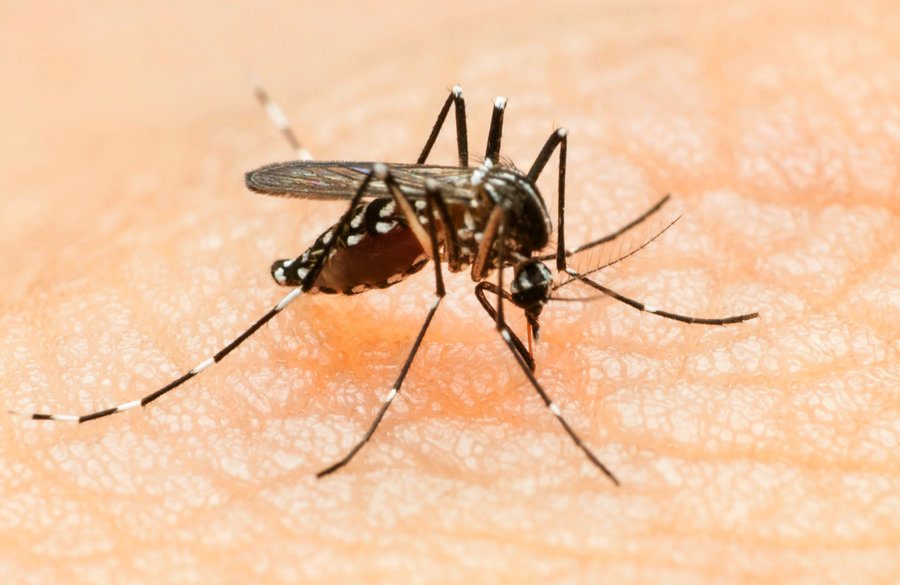
Zika, a mosquito-borne virus spreading in Latin America and the Caribbean continues to pose a serious international public health risk. Confirmation of sexual transmission has added to the challenge of containing the virus. An era of widespread global travel has the rest of the world on alert and health systems from the Americas to Australia scrambling to get ahead of the epidemic.
New reports released this week from the U.S. Centers for Disease Control and Prevention (CDC) and French scientists studying the 2013/2014 Zika virus outbreak in French Polynesia, further strengthen the link between the virus and severe neurological abnormalities.
The CDC reports that a study of nine pregnant women from the United States who traveled to countries where the Zika virus was circulating shows a greater-than-expected number of fetal infections and brain abnormalities. Two of the women had miscarriages, two had abortions, two had apparently healthy children. One child was born with severe microcephaly, a birth defect in which the babies have unusually small heads and developmental problems.
Doctors are still following the two remaining pregnancies, which so far appear to be progressing without complications.
Scientists at the Institut Pasteur in France say that analysis of data from the 2013/2014 Zika virus outbreak, in French Polynesia provides the best evidence to date of a causative link between Zika and Guillain-Barre Syndrome (GBS). GBS is a rare disease in which the body’s immune system attacks part of the nervous system causing weakness and paralysis. It usually occurs a few days after exposure to a virus, bacteria or parasite.
What are the lessons for Africa?
The current South American outbreak holds valuable lessons for us.
Deal with the mosquito factor:
Zika can now be added to the seemingly endless list of mosquito-borne diseases. We must deal with our mosquito “problem” head on, not in the inconsistent and disorganized way that we have so far. Environmental control through insecticide treatment of outdoor breeding areas and universal use of insecticide treated mosquito nets are simple, effective and inexpensive measures.
Encourage widespread use of Malaria Rapid Diagnostic Test (RDT):
Early symptoms of Zika virus infection are very similar to those of malaria and other infectious diseases that plague the region. According to Dr. Chikwe Ihekweazu, epidemiologist and editor of Nigeria Health Watch, widespread use of Malaria RDT will allow proper treatment of patients with positive tests. Testing for Zika and other conditions can then be done on those who test negative for malaria. It also addresses the problem of malaria drug resistance by reducing inappropriate use of antimalarial drugs.
Begin disease surveillance now:
Microcephaly and Guillain-Barre Syndrome are rare enough that disease surveillance measures similar to those used to help in polio eradication will detect unusual spikes in occurrences of these conditions.


